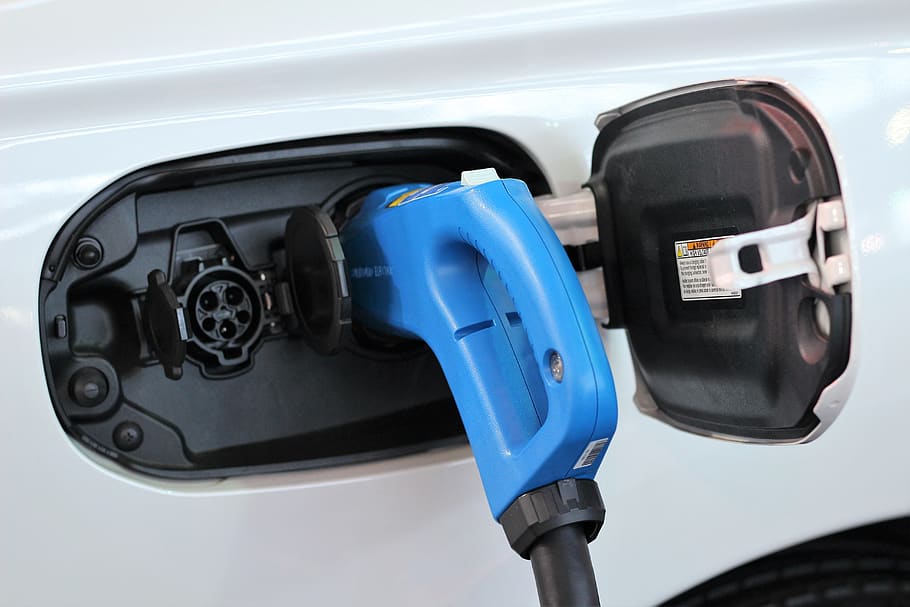
- Limited Range: One of the main challenges faced by electric car owners is the limited range of the battery. Most electric cars can only travel around 100-300 miles on a single charge, depending on the model. This can be a problem for those who frequently travel long distances or live in areas with limited charging infrastructure.
- Charging Time: Another issue with electric car batteries is the charging time. While it may take only a few minutes to fill up a traditional gasoline car, electric cars can take several hours to fully charge. Even with fast charging stations, it can still take around 30 minutes to charge up to 80% capacity. This can be inconvenient for those who are always on the go or need to make long trips.
- Lack of Charging Infrastructure: The lack of charging infrastructure is a major problem for electric car owners. While gasoline stations are readily available in most areas, charging stations are still relatively scarce. This can make it difficult for electric car owners to find a charging station when they need one, especially in rural or remote areas.
- Battery Degradation: Over time, electric car batteries can degrade, resulting in a decrease in their capacity and range. This means that the battery may not hold as much charge as it did when it was new, leading to reduced driving range. Battery degradation can be accelerated by factors such as high temperatures, frequent fast charging, and overcharging.
- Cost: Electric car batteries are expensive to produce, which contributes to the high cost of electric vehicles. While the price of electric cars has been decreasing in recent years, the cost of replacing a worn-out battery can still be significant. This can deter potential buyers from purchasing electric cars or make it less economically viable for current owners to replace their batteries.
- Environmental Impact: The production and disposal of electric car batteries can have a significant environmental impact. The extraction of raw materials, such as lithium and cobalt, can lead to deforestation, habitat destruction, and water pollution. Additionally, the disposal of worn-out batteries can pose challenges in terms of recycling and proper waste management.
- Safety Concerns: Electric car batteries can pose safety concerns, especially in the event of a crash or fire. While modern electric cars are designed with safety features to mitigate these risks, there have been instances of battery fires and explosions. This can raise concerns among consumers regarding the safety of electric vehicles.
- Heavy Weight: Electric car batteries are typically heavier than traditional gasoline engines, which can affect the overall performance and handling of the vehicle. The additional weight can impact acceleration, braking, and cornering abilities. It can also lead to increased tire wear and reduce overall efficiency.
- Limited Availability: Some electric car models may have limited availability due to the high demand for electric vehicles and the limited production capacity of battery manufacturers. This can make it difficult for consumers to find the specific electric car model they desire, further limiting the adoption of electric vehicles.
- Uncertain Future: The future of electric car batteries is still uncertain. While there have been significant advancements in battery technology in recent years, there is still ongoing research and development to improve battery performance, durability, and cost. Additionally, the transition to electric vehicles on a large scale poses challenges in terms of infrastructure, energy supply, and grid capacity.
